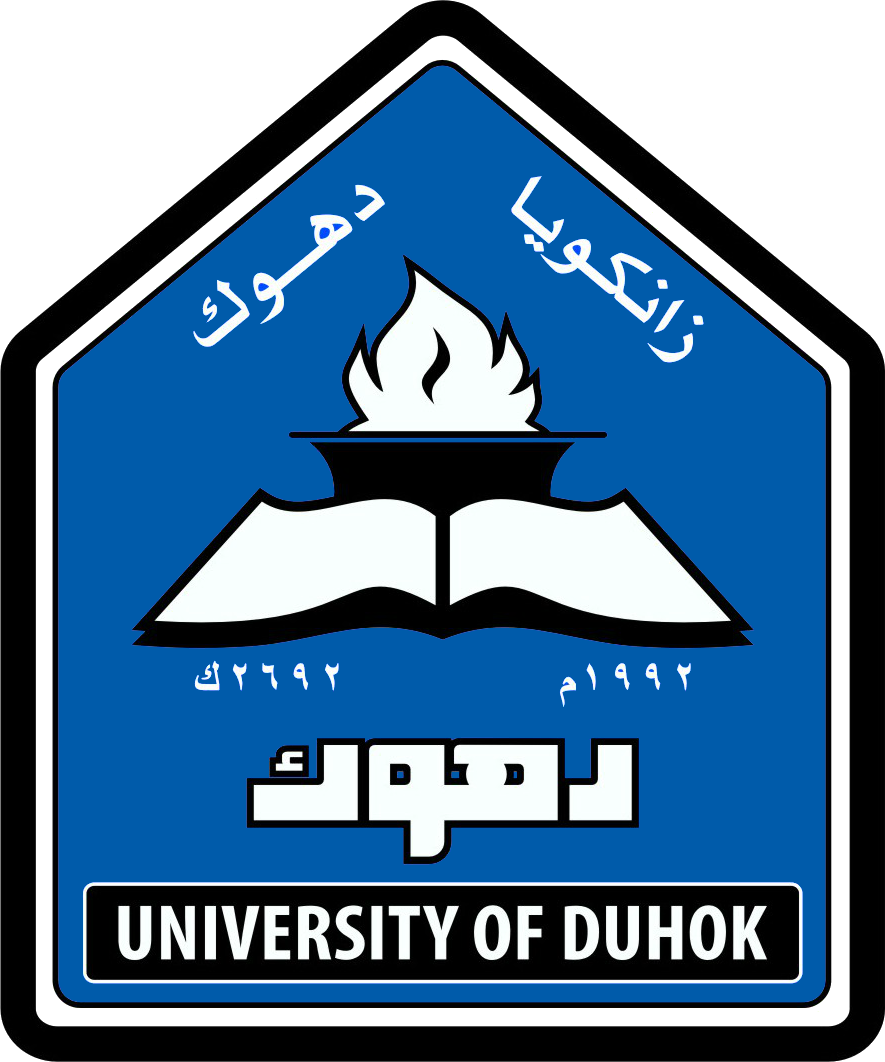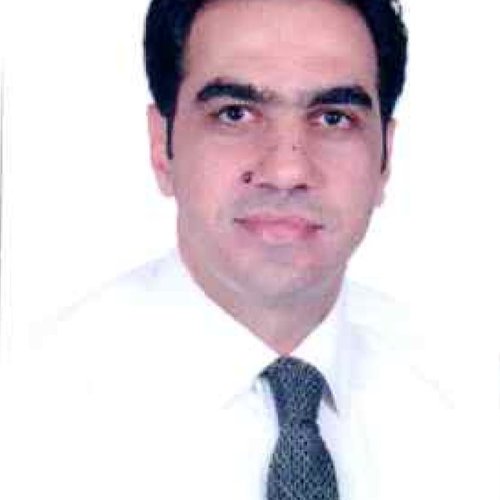Oral surgery
Oral Surgery is a specialty of medicine and dentistry that focuses on the diagnosis, surgical treatment, and management of diseases and disorders of the face and jaws. Oral surgery department are trained to treat trauma, congenital and acquired defects and disorders, facial infections, cancers of the head and neck region, as well as to perform extractions, placement of dental implants, and dental anesthesia and sedation.
The primary objective of the undergraduate curriculum is to provide didactic and clinical training in routine dentoalveolar surgery, management of medically compromised patients, local anesthesia and sedation, and pain control.
The guiding principles of our programs include compassion, respect and regard for the inherent dignity of patients, high moral and ethical standards, commitment to evidence-based clinical practice, and technical excellence in the full scope of the profession.
Vision
- To be internationally recognized as a leader in education, research, patient care and service.
- To be an internationally recognized Centre that is committed to academic and professional excellence in the sciences of craniofacial imaging; oral diagnostics; oral pathology and oral/ maxillofacial surgery.
Mission
- To be known for innovative dental education, commitment to cultural diversity, discovery, transfer of scientific knowledge, the superior skills of our graduates and the highest degree of patient care and service.
- To provide quality education and training through creation, preservation,integration, dissemination and utilization of knowledge in craniofacial imaging,oral/ maxillofacial surgery and oral pathology/oral medicine.
Objectives
To provide high quality postgraduate education leading to board certification in maxillofacial surgery, and to accomplish this in an environment that provides the intellectual and emotional support necessary to become a skilled and effective surgeon. By the completion of the program the resident should:
- Be capable of evaluating and managing patients with a broad range of surgical problems from the preoperative through postoperative phases of illness.
- Have a basic understanding of the pathophysiology and natural history of surgical disease states and familiarity with basic operating room procedure.
- Be adept at managing surgical patients and teaching the principles of patient management to junior residents and students.
- Have a comprehensive knowledge of surgical disease and an appropriate application of this knowledge to the clinical situation.
- Achieve a working knowledge of other surgical subspecialties and an ability to supervise and direct management of critically ill or injured patients.
- Be familiar with current surgical literature.
- Demonstrate technical skill, clinical judgment and a firm grasp of surgical knowledge deemed appropriate for the independent practice of maxillofacial surgery.
- Have the level of knowledge and technical skills necessary to successfully pass the American Board of Oral and Maxillofacial Surgery examination.

